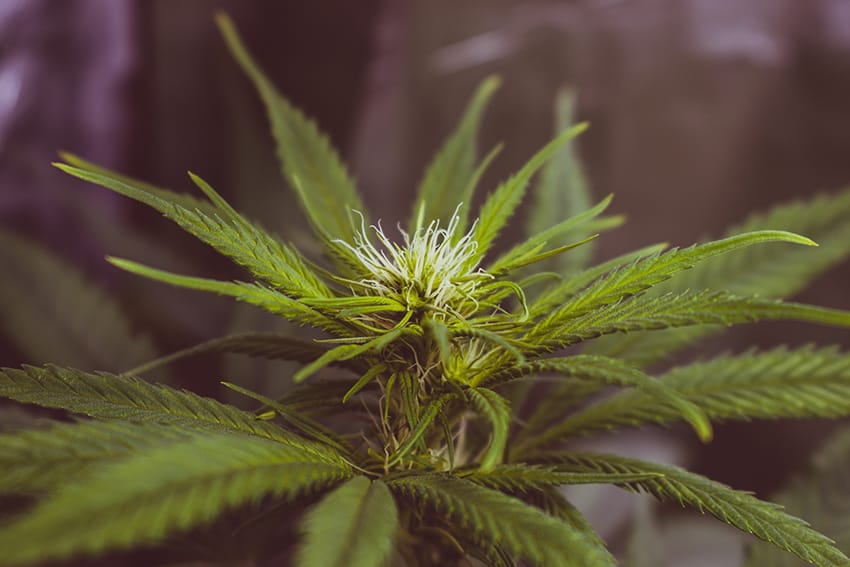“But I would not feel so all alone. Everybody must get stoned.”
Bob Dylan, Rainy Day Women No. 12
In the last three weeks, the lives of millions has been turned upside down. In an unprecedented modern-day pandemic, Covid-19 or Coronavirus, has required many people to quarantine at home to avoid spreading the virus even more. In our part of the world, the New York City Area is now averaging more cases than there were in Wuhan, China. In an effort to “social distance” or limit our close interactions with people, many buildings and regular routine activities have had to move to an online format.
But not everything can translate to a virtual “from-home” lifestyle. Certain business and work continue to go on as they have been deemed “essential” by heads of state governments. One of the most unpredicted booms during a time where stocks seem to be plummeting and businesses closing, is the cannabis market.
A confusing question in our dual federal and state government structure is how is it possible for states to legalize marijuana use (medical and some states recreational) when under the federal Controlled Substances Act, any marijuana use is illegal?
The Controlled Substances Act (CSA) is a federal regulatory scheme that permits and prohibits certain drug use by placing them into categories. The most restricted category is Schedule I that includes drugs like heroin, LSD, and most controversially, marijuana. The Supreme Court in Gonzales v. Raich, held that the federal government has the power to control marijuana use in the states as well as between the states. In United States v. Oakland Cannabis Buyers’ Coop., the Supreme Court also confirmed that under the CSA there is no medical exception to marijuana use. Since then, many states have passed their own marijuana laws on medical and even recreational use. To date, only 8 states prohibit marijuana use of any kind; whereas the rest of states range from allowing CBD oils to recreational marijuana use to decriminalizing marijuana possession.
As complicated as this is, nearly all the 33 states with legal medical or recreational marijuana dispensaries have categorized marijuana businesses as essential business. This allows them to remain open while many other business and storefronts have had to close their doors. Since the start of corona-related closures in the US, some states have seen as high as a 20% increase in sales. In addition, many marijuana suppliers are noticing that during this time of panic, their businesses have expanded, with many hiring laid-off workers and even doubling in size or production capacity since the pandemic took hold.
Many experts account for the sales spiking because people who rely on marijuana for treatment (or pleasure) rushed to the stores and dealers when the realities of this pandemic started to set in, with sales in Denver, Colorado going up by 120% in one day. Cannabis businesses are holding their own on the stock market with many of their stock prices going up.
In New Jersey, the Compassionate Use Medical Marijuana Act (Compassionate Use Act) was passed in 2010 and allows a New Jersey resident suffering from certain debilitating and life-threatening diseases to use and possess medical marijuana with a doctor’s recommendation. To date, there are 6 marijuana dispensaries here and they remain open during the state’s executive order and “stay at home” policies. Someone who has a medical marijuana license may pick up their prescription from a dispensary but must do so curbside.
In states where recreational marijuana use is legal, many have stated that their stores and dispensaries will remain open for such purposes. Marijuana may be an “anxiety-reducing” antidote, but some health professionals have warned about continued access, fearing that this will discourage social distancing and that those under the influence may veer away from safe, shelter-in-place use.
Aleksandra Syniec, who wrote this post, is a second-year law student at Seton Hall University School of Law. She is also knowledgeable in landlord-tenant law and the information technology.


